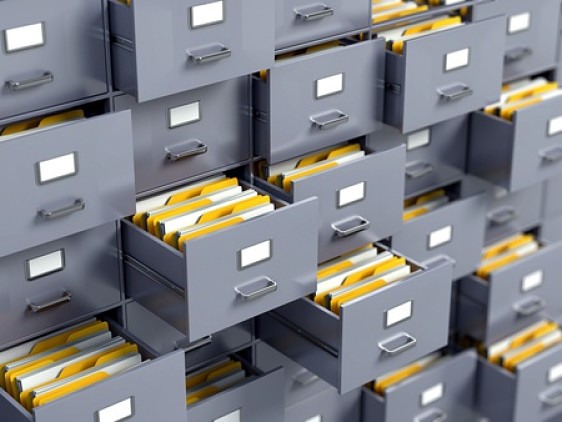Record Keeping Series (Post 1 of 4)
You may hate the ‘record keeping’ part of the tax system, but it’s critical to your tax health. It’s also important the health of your business. Good records help you monitor and improve your business (says your humble CPA).
Do not depend on the IRS for mercy when it comes to your tax records. You will never find the word “mercy” in the same sentence with the IRS. It does not exist in the code or the regulations. I have yet to meet a “merciful” IRS agent. Where there is no mercy, you have no choice but to play defense and keep your records correctly.
Getting your tax records right is not difficult when you know what to do. We’ve prepared a series of messages to give you the record-keeping basics you need and helps you spend less time keeping records. Here is the first rule in the series:
Checking Accounts
The 1st rule to keeping good records: Do not commingle activities in your checking accounts. Most taxpayers should maintain separate checking accounts for:
- Family account or accounts,
- each separately reported Schedule C business,
- each corporation, and
- each rental property (if there are substantially different types of rentals, then additional separate accounts may be necessary here).
Example: You operate your business as a proprietor and cover your spouse with a Section 105 medical reimbursement plan. If you have only one checking account for the family and the proprietorship, writing the reimbursement check to yourself likely would destroy the Section 105 plan.
That’s how Darwin Albers lost his Section 105 plan deductions. The Albers case is just one example of how using a joint account for both business and personal reasons causes a loss of deductions.
Rule #1: Maintain a separate checking account for each business activity.
Deposit Receipts in the Account for the Business That Earns the Money
You may not earn income in your personal name and then assign that to your corporation. Income is taxed to the person or entity that earns it. You don’t want business receipts in your personal accounts or personal receipts in your business accounts. The separate checking gives you the ability to avoid commingling which is something to avoid always.
When the IRS gets confused looking at your accounts, it simply taxes all the income. True, you might be able to undo that assertion and prove that all the deposits are not taxable, but that takes time and effort. By simply getting the deposits right to begin with, you save yourself from confusing the IRS—which saves the IRS, in turn, from frustrating you.
Record Deductible Expenses Daily
Yea, we heard your groan when you saw the word “daily” above. Don’t worry, the daily requirement, which actually existed for auto expenses in 1984, was repealed and replaced with an adequate records requirement. So the IRS now gives you a week to meet the “timely” and “adequate” records requirements for vehicles, travel, entertainment, and listed property.
We doubt that you will, but you probably should thank the IRS for the one-week rule. Why? Because recording your business expenses within one week makes good business sense. After all, if you wait too long, you won’ t remember the nature or reason for the expenses.
Next time, we’ll discuss Logs and Receipts.
Enjoy our management tips and tax advice? Subscribe to our newsletter!


